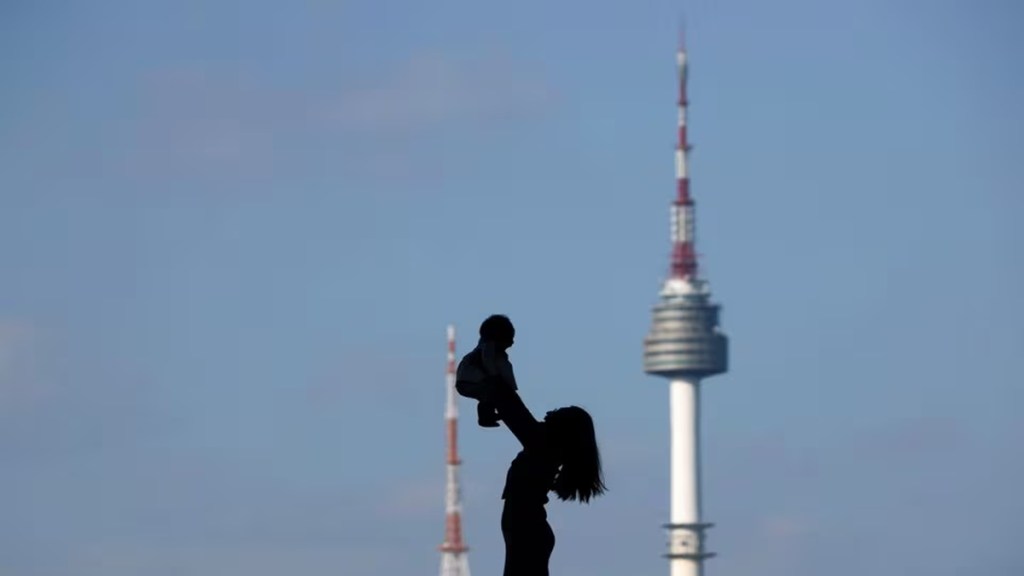South Korea in 2023 witnessed a further decline in its already record-low fertility rate, as women increasingly deferred childbirth due to concerns about career advancement and the financial burdens associated with raising children, reported Reuters. Data released by Statistics Korea on Wednesday revealed that the average number of expected babies per woman dropped to an unprecedented 0.72, down from 0.78 in the previous year.
This figure remains significantly below the replacement rate of 2.1 births per woman necessary for maintaining a stable population, highlighting a persistent challenge for the country’s demographic sustainability. Since 2018, South Korea has stood out as the only OECD member with a fertility rate below 1, despite substantial government investments aimed at reversing the downward trend.
Factors such as housing and education costs have played a significant role in discouraging childbirth, with the fertility rate plummeting from 1.24 in 2015 to its current level. The demographic crisis has emerged as a primary concern for economic growth and social welfare in South Korea, with projections indicating a potential halving of the population by the end of the century.
Is public housing a solution?
In response to the fertility crisis, political parties in South Korea have pledged initiatives such as increased public housing and easier access to loans to incentivize childbirth. The issue has become a focal point ahead of upcoming elections in April, with policymakers aiming to address fears of national population decline.
Marriage rates have also witnessed a decline in South Korea, further exacerbating concerns about the country’s demographic future. Efforts to boost the birth rate have thus far yielded limited success, despite substantial government spending on initiatives such as childcare subsidies since 2006.
South Korea’s demographic challenges mirror those faced by neighboring countries in East Asia, with Japan and China also grappling with rapidly aging populations and declining birth rates. In Japan, the number of births in 2023 marked an eighth consecutive annual decline, reaching a new record low, while China recorded its record-low fertility rate of 1.09.


